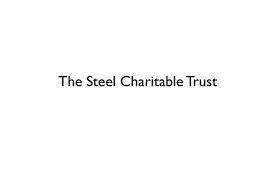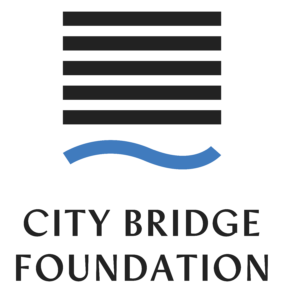Grants between £10,000 and £25,000 are available from the Steel Charitable Trust to registered charities in the UK working in the areas of arts and heritage, education, environment, health, or social and economic disadvantage.
Please read this page carefully – our policy changed recently and we so not want to waste your time applying for something for which you are no longer eligible.
The Trustees make discretionary grants where they believe that their contribution will make a real difference. What follows is the open application grant-making policy for The Steel Charitable Trust, from which the vast majority of grants are awarded.
The five funding categories are Arts & Heritage, Education, Environment, Health, and Social or Economic Disadvantage.
Eligibility
1. Organisation structure
Applications will only be considered from:
- Charities, including CIOs, registered in any part of the United Kingdom
- Exempt Charities as defined in schedule 3 of the Charities Act 2011 and their equivalent in Scotland and Northern Ireland
- Municipally-funded museums not included in schedule 3 of the Charities Act 2011
Your organisation may have more than one structure, i.e. be a registered charity and a company limited by guarantee. As long as it is a registered charity, it is eligible.
Applications will not be considered from:
- Individuals
- Charities registered outside the UK
- Charities that do not have one year of accounts behind them
- Community interest Companies or other company structure of an not-for-profit nature
- Political parties
2. Organisation size
In all cases above, the applicant must have an annual turnover of over £50,000 (defined as 100% of charitable income plus proceeds from any trading income).
3. Organisation beneficiaries
Most grants are awarded to organisations whose beneficiaries are inside the UK, regardless of nationality, culture or ethnic origin. Trustees will consider applications for grants that benefit people living outside the UK but only if the charity that applies is registered in the UK.
Grant purposes, sizes and restrictions
1. Categories
Applications must be for charitable purposes that fall into one of the five core categories below; applications for purposes outside these categories are only permitted at the direct invitation of a Trustee:
- Arts and Heritage
- Education
- Environment
- Health
- Social or Economic Disadvantage
2. Priority focus areas
There are no focus areas within the categories of Arts and Heritage, Education or Environment*.
Applications made from 21st October 2021 until 20 October 2023, for the Health category, must have a focus on one of the following:
- Programmes and activities that aim to support, maintain and improve mental health in any demographic
- Health care for older people
Applications made from 21st October 2021 until 20 October 2023, for the Social or Economic Disadvantage category, must have a focus on one of the following:
- Disadvantaged children
- Housing and homeless people
*A note on the Environment category: from 21 April 2022, applications for the Environment category may include measures that improve the applicant organisation’s carbon footprint. However, the applicant organisation’s main business must still be connected to one of the five funding categories listed above. ‘Traditional’ environmental applications, such as to improve habitats and conserve species, remain welcome.
2. Grant size
The minimum grant size is £10,000. Awards of more than £25,000 are rare. A follow-up report, the scale of which is commensurate with the size of the grant, is expected within 10 months of payment. Details will be provided to successful applicants.
Grants are usually made as single payments. In some cases, larger grants are awarded in instalments, payable over a period of years, usually on the condition that satisfactory progress reports are submitted at regular intervals.
Note: Charitable organisations from, or operating in, Luton and Bedfordshire, that seek a grant of under £10,000 should check the Bedfordshire and Luton Community Foundation’s website for suitable assistance.
3. Restrictions
There are no restrictions on the type of funding for which applicants may apply, and Trustees will consider contributions towards core costs and capital works as well as specific projects.
Only two exceptions are imposed on the purpose for which a grant may be used:
- no expeditions
- no active promotion of religion
However, this does not exclude, for example, an eligible religious organisation from applying for work that is not religious in nature, such as providing a food bank or maintaining an historic building.
A list of recent grants made can be found here.





